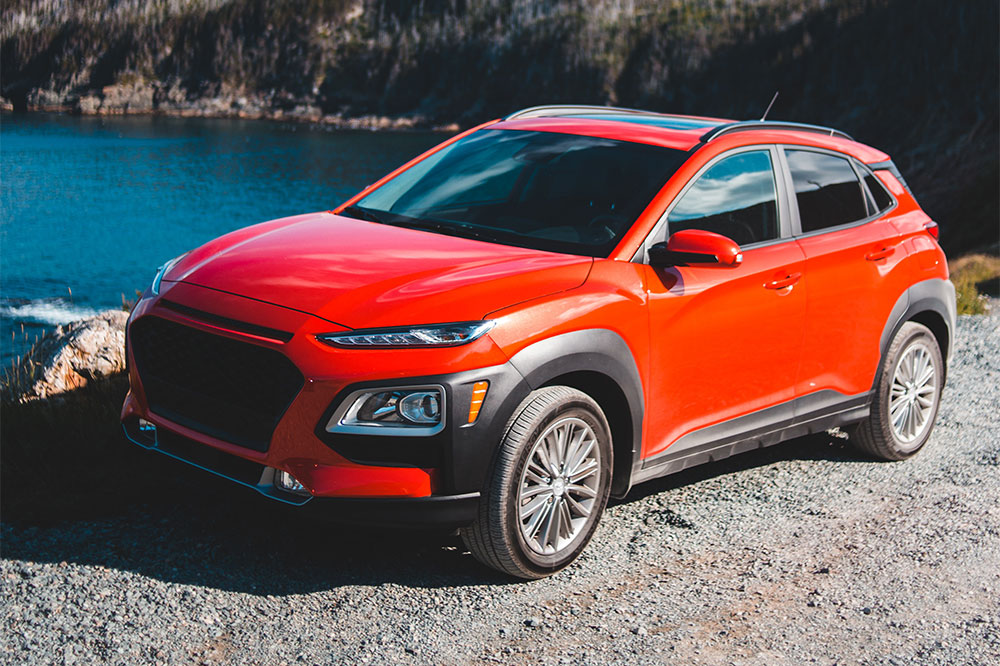
5 affordable crossover SUVs you can buy without thinking twice
Crossover SUVs offer tons of versatility in functionality at practically very affordable prices. Suitable for cargo as well as passenger transportation, crossover SUVs provide the best of both worlds. In addition to being a perfect combination of a passenger car’s fuel economy and a small truck’s cargo capacity, crossover SUVs prices are more pocket-friendly. Crossover SUVs bring in the sturdiness of a pickup truck, spacious cargo hold of hatchbacks, and passenger comfort of a minivan or a wagon. No wonder crossover SUVs have quickly become popular. If you are planning to buy one, here are some popular ones at affordable crossover SUVs prices.
- Hyundai Kona: With prices starting from $20,100, the Hyundai Kona has one of the most affordable crossover SUVs prices. At a budget price, this crossover SUV is replete with outstanding and significantly good features. These include a stylishly quality cabin with a user-friendly infotainment system, good crash test ratings, and agile handling. At such an affordable price tag, this crossover SUV is a catch.
- Kia Sportage: The Kia Sportage can easily accommodate five passengers within its spacious cabin. With a price starting from $23,990, the Kia Sportage is a compact crossover SUV that gives decent performance powered by an efficient four-cylinder engine. For those who require more acceleration power, the SX Turbo trim is the top-of-the-line choice with its 240-horsepower turbo-four engine. Additionally, standard features include a sleek 8-inch touch screen interface with smartphone integration and other standard safety features such as driver condition monitor.
- Subaru Forester: With standard all-wheel drive, the Subaru Forester is priced starting at $24, 495. One of the top-ranking compact crossover SUVs, the Forester offers substantial mileage, comfortable ride, and efficient steering. Additionally, the cabin space is quite spacious with lots of cargo space. With a new lane-centering system, the Forester’s safety features make this a top-notch crossover SUV. All the standard features make it suitable for everyday commute.
- Kia Sorento : Starting at a price of around $26,690, the Kia Sorento is a midsize crossover SUV. It is bang in the middle of the competitive range of SUVs; however, it has less cargo space when compared to others in its range. But, the Kia Sorento makes up with its reasonable price, fuel efficiency, and easy drivetrain. Moreover, it’s interiors are quite comfortable and well-designed. Safety features include the standard rearview camera. Additionally, the car comes with a top-class 7-inch touch screen interface, Apple CarPlay, and Android Auto.
- Chevrolet Traverse: With a large cabin space and enough power, the Chevrolet Traverse is the perfect family cruiser in its range of cross SUVs prices. The range is priced from around $29,800. It is incorporated with the latest infotainment system that has a highly functional 7-inch touch screen interface with WiFi hotspot and smartphone integration. The interiors are quite roomy with space for eight passengers plus additional cargo space. Additionally, the car is equipped with Teen Driver safety features from General Motors.


